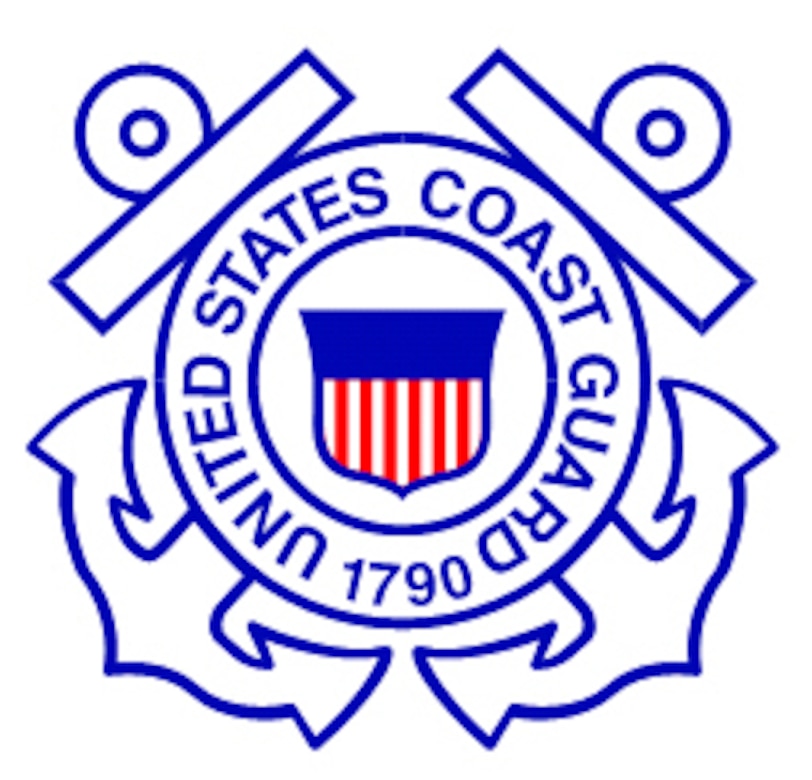By Terri Moon Cronk, DoD News, Defense Media Activity
WASHINGTON -- The brave men and women of the U.S. Coast
Guard are America's first line of defense, President Donald J. Trump said at
the Coast Guard’s change-of-command ceremony today.
Coast Guard Commandant Adm. Paul F. Zukunft handed command
to Adm. Karl L. Schultz at U.S. Coast Guard Headquarters here.
“On behalf of the American people, I thank you for a
lifetime of noble service. Congratulations on everything you have achieved,”
Trump told Zukunft, who has 45 years of service.
Zukunft “has led every kind of mission and he has never
backed down, ever, ever, ever,” Trump said, adding Zukunft “has lead with
extraordinary skill and devotion and pride.”
During Zukunft’s tenure as Coast Guard commandant, “he
poured his heart and soul into the service of our nation, and he brought
remarkable vision to the task of ensuring the Coast Guard's rightful place at
the forefront of American security and prosperity,” the president said.
“America is safe because our Coast Guard is strong,” Trump
added.
The president called the Coast Guard the elite force that
defends U.S. borders, patrols its waters, protects its cities and keeps its
enemies at bay.
Legacy
Zukunft sharpened the Coast Guard's focus on the Western
Hemisphere, a crucial legacy that will endure, Trump said, noting there is
greater emphasis on drug interdiction and the formation of historic
partnerships to stop that “deadly poison” from reaching U.S. shores and
destroying its youth and others.
Zukunft worked tirelessly to protect America's interest in
the Arctic, the president said.
“[With our] new budget, $700 billion … this year, $716
billion next year … you're going to be very well taken care of,” Trump said,
adding that the Coast Guard is on course to receive its “first new, heavy
icebreaker in more than 40 years, and plenty other ships and boats and
equipment and everything you need.”
The nation is committed to a military and security budget
that funds and recognizes the Coast Guard's vital role, he said.
“There is no better investment than giving you the tools you
need to keep drugs, criminals and terrorists out of our country,” the president
said.
Zukunft also spearheaded a new and important Coast Guard
cyber strategy, the president said. “And he was at the forefront,” Trump said
of Zukunft. “He recognizes that we must harden our industry, ports and
waterways against cyber intrusion.”
Coast Guard members help “secure our borders against
traffickers, smugglers, criminals -- some of the worst people anywhere on
earth. And we feel secure,” the president said.
And, through driving winds and pounding rain and thundering
seas, the Coast Guard is always there, doing what it does best: saving lives,
Trump said.
Hurricane Heroes
“In last year's historic hurricane season, our Coast Guard
-- heroes they are -- saved almost 12,000 American lives in that short period.
It's an unbelievable number,” he said.
Many service members left their homes and families to plunge
out of helicopters, wade through perilous waters, care for the wounded and
rescue the stranded, Trump said.
The president told Zukunft that his selfless courage has
earned the gratitude of the nation. “With this ceremony, we proudly pass the
helm of the United States Coast Guard to the man who oversaw those emergency
operations: Admiral Karl Schultz,” the president said to applause.
As commander of the Coast Guard, Atlantic area, Schultz took
responsibility for the Coast Guard response across the Gulf Coast, the Atlantic
and the Caribbean, Trump said.
“I have complete confidence that Karl will carry out his new
mission with the same talent, strength and devotion that have characterized his
entire career,” the president said.
To new Coast Guard commandant Schultz, Trump said, “Karl, we
congratulate you and we thank you for answering this call to service.”








